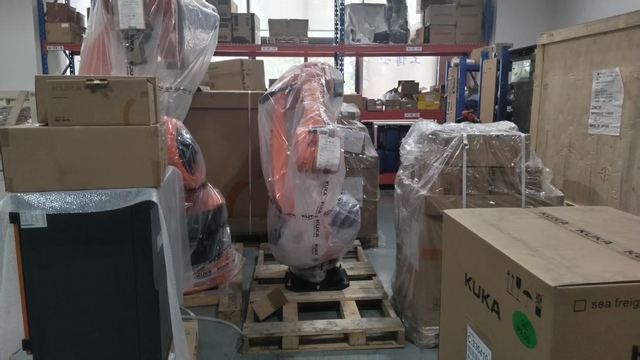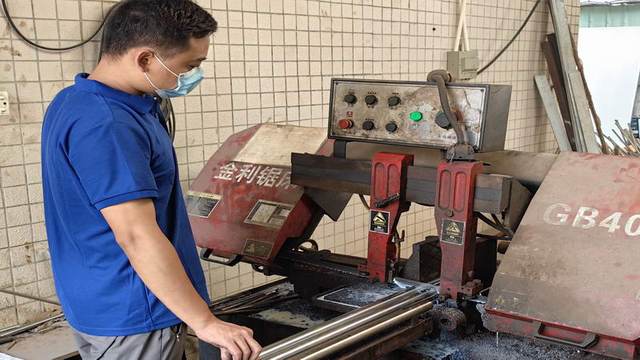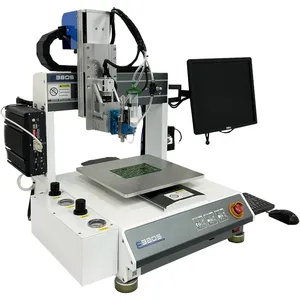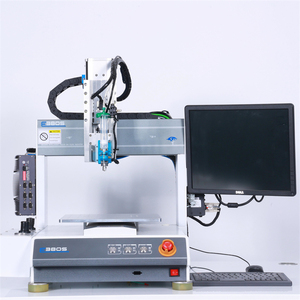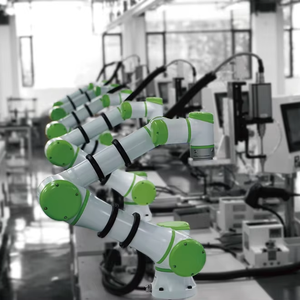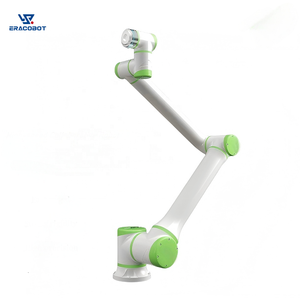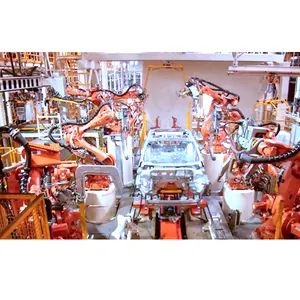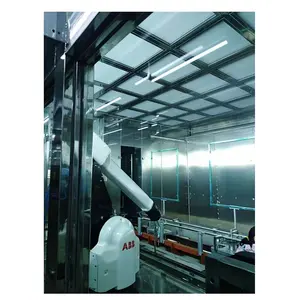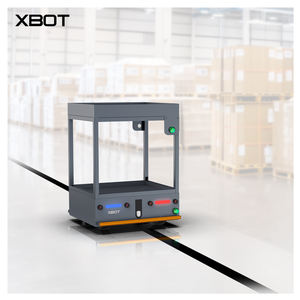Automotive Assembly Line Robots
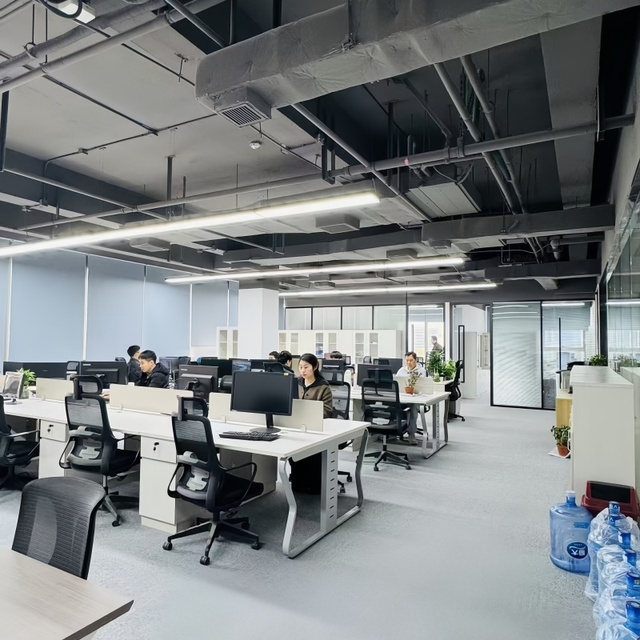

















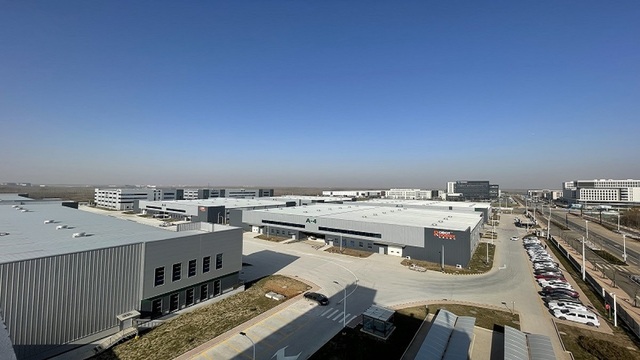

 CN
CN


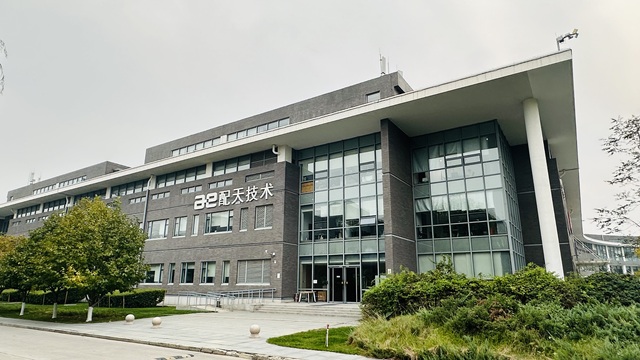
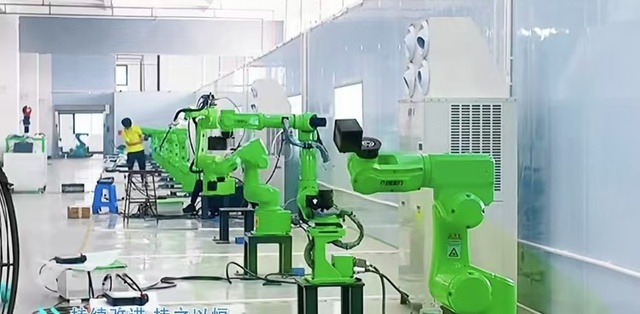



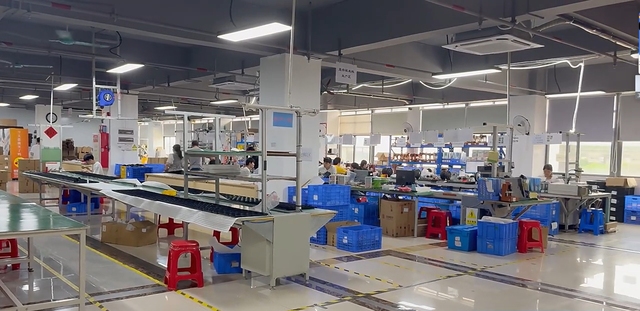

About automotive assembly line robots
Where to Find Automotive Assembly Line Robot Suppliers?
China remains a central hub for automotive automation manufacturing, with key industrial clusters in Shanghai, Zhengzhou, and Guangdong offering specialized capabilities in robotic assembly systems. Shanghai's advanced technology corridor hosts integrators focused on precision collaborative robots and high-speed automation solutions, leveraging proximity to Tier-1 automotive OEMs and R&D centers. Zhengzhou has emerged as a center for large-scale production lines, particularly for commercial vehicle and EV manufacturing, where suppliers offer turnkey robotic welding and body-in-white systems. Guangdong’s robotics cluster emphasizes modular, multi-industry platforms adaptable to automotive applications, supported by dense electronics and servo-component supply networks.
These regional ecosystems enable vertical integration of design, machining, control systems, and final assembly within compact geographic zones—reducing lead times and coordination overhead. Buyers benefit from access to mature supplier bases capable of delivering both standardized units and fully customized robotic cells. Typical advantages include 20–35% cost savings compared to Western or Japanese manufacturers, scalable production capacity (from single workstations to full plant deployments), and lead times averaging 45–60 days for custom systems. Localized sourcing of structural components, drive systems, and tooling further enhances responsiveness for urgent retooling or expansion projects.
How to Choose Automotive Assembly Line Robot Suppliers?
Effective supplier selection requires systematic evaluation across technical, operational, and transactional dimensions:
Technical Capability Assessment
Confirm that suppliers demonstrate proven experience in automotive-specific automation, including arc welding, spot welding, material handling, and precision assembly tasks. Request validation of motion accuracy (typically ±0.05mm to ±0.2mm for 6-axis arms), repeatability, and cycle time performance. For safety-critical applications, verify compliance with ISO 10218 (industrial robot safety) and, where applicable, ISO/TS 15067 (collaborative robots). CE marking is essential for European market deployment, while UL or CSA certification may be required for North American installations.
Production and Customization Capacity
Evaluate the following indicators of scalability and flexibility:
- In-house engineering teams capable of system integration and process simulation (e.g., offline programming, digital twin modeling)
- Customization options for payload (3–20kg typical range), reach (up to 1800mm), gripper/tooling interfaces, and communication protocols (EtherCAT, PROFINET, etc.)
- On-site CNC machining, welding, and testing facilities to ensure component traceability and quality control
- Cross-reference product listings with delivery performance—target suppliers maintaining on-time delivery rates above 90%.
Quality Assurance and Transaction Security
Prioritize suppliers with documented quality management systems (ISO 9001 certification preferred). Require evidence of functional testing procedures, including no-load run-ins, positional accuracy checks, and endurance trials. Utilize secure payment mechanisms such as escrow services to mitigate risk during initial transactions. Conduct sample evaluations to assess build quality, software interface usability, and integration readiness before scaling procurement.
What Are the Best Automotive Assembly Line Robot Suppliers?
| Company Name | Location | Main Products | Price Range (USD) | Min. Order | On-Time Delivery | Avg. Response | Reorder Rate | Customization Options |
|---|---|---|---|---|---|---|---|---|
| Shanghai Qiongkuo Intelligent Equipment Co., Ltd. | Shanghai, CN | Welding Robots, Robotic Clamps, Floor Robots | $7,000–10,000 | 1 set | 100% | ≤8h | - | Limited |
| Xiangjing (Shanghai) Mechanical And Electrical Tech Co., Ltd. | Shanghai, CN | TMs, IRB Series, Collaborative Arms | $17,000–35,000 | 1 set | 100% | ≤7h | 20% | High (color, size, payload, gripper) |
| Zhengzhou Duoyuan Intelligent Equipment Co., Ltd. | Zhengzhou, CN | Full Production Lines, Moving Welding Systems | $98,000–256,800 | 1 piece/set | 100% | ≤8h | - | Moderate |
| Jinan Lingyu International Trade Co., Ltd. | Shandong, CN | 6-Axis Welding Robots, CNC Arms | $4,698–14,975 | 1 set/piece | 89% | ≤1h | 20% | Medium (color, size, logo) |
| Guangdong Borunte Robot Technology Co., Ltd. | Guangdong, CN | Articulated & Collaborative Robots | $999–5,999 (entry-level) | 1 set | 66% | ≤3h | 66% | High (multi-industry adaptability) |
Performance Analysis
Suppliers like Zhengzhou Duoyuan specialize in high-value integrated systems, targeting full-line automation with price points exceeding $250,000 per cell—ideal for OEMs and Tier-1 suppliers requiring complete body shop solutions. In contrast, Guangdong Borunte offers entry-level articulated robots starting under $1,000, appealing to small-to-midsize manufacturers seeking affordable automation upgrades. Xiangjing (Shanghai) stands out for customization depth and consistent delivery, making it suitable for buyers needing tailored end-effectors or specific kinematic configurations. Jinan Lingyu leads in responsiveness (under 1-hour average reply time) but shows lower on-time fulfillment, indicating potential production bottlenecks. Shanghai-based firms dominate reliability metrics, all achieving 100% on-time delivery, underscoring their alignment with just-in-time manufacturing demands.
FAQs
How to verify automotive robot supplier credibility?
Validate certifications through official databases and request factory audit reports or video walkthroughs of production and testing areas. Analyze customer feedback focusing on post-installation support, software stability, and mean time between failures (MTBF). Cross-check claimed technical specifications against actual product documentation.
What is the typical lead time for robotic assembly systems?
Standard robotic arms ship within 30–45 days after order confirmation. Customized systems, especially those involving conveyors, vision integration, or safety fencing, require 45–75 days depending on complexity. Expedited builds may reduce timelines by 10–15 days at additional cost.
Can suppliers provide turnkey robotic workcells?
Yes, several suppliers—including Zhengzhou Duoyuan and Xiangjing—offer complete workcell integration, including robot arms, PLC controls, tool changers, safety enclosures, and HMI interfaces. Full line design services are available for body shops and powertrain assembly applications.
Do suppliers support global shipping and installation?
Most established suppliers manage international logistics via FOB or CIF terms and can dispatch technicians for commissioning and training. Confirm availability of local service partners or authorized agents in your region to ensure ongoing maintenance support.
What level of customization is available?
Buyers can typically specify arm length, payload capacity, mounting orientation, communication protocols, and end-of-arm tooling. Advanced suppliers support custom software scripting, IoT connectivity, and integration with MES/SCADA systems. Prototypes or modified units can be delivered within 4–6 weeks upon approval of technical drawings.











